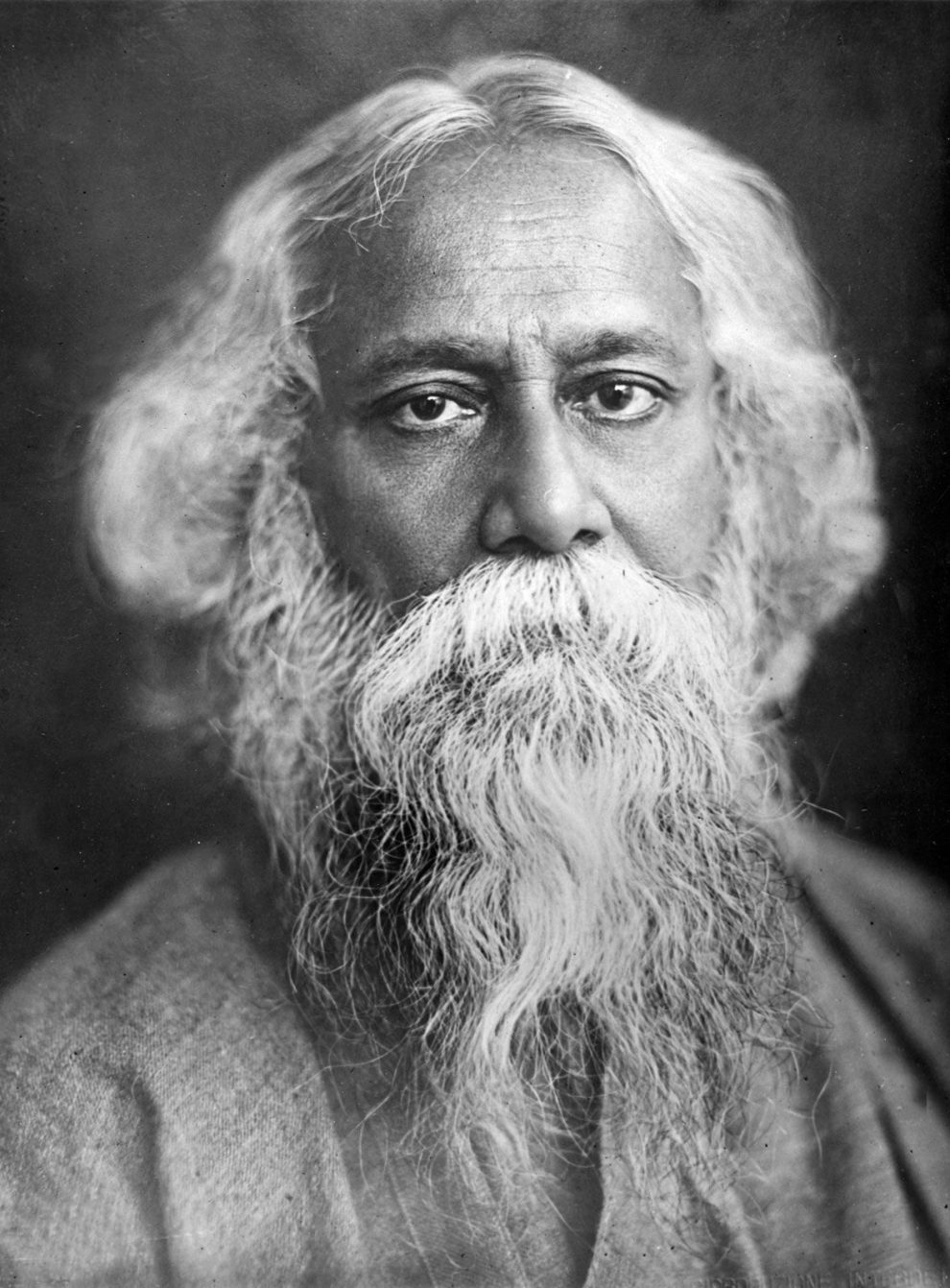
Born on May 7, 1861, in Calcutta (now Kolkata), Tagore hailed from a culturally rich family. His father, Debendranath Tagore, was a renowned philosopher and religious leader, while his mother, Sarada Devi, was a loving and supportive figure in his life. From a young age, Tagore displayed an inclination towards literature and the arts, and his talents were nurtured by his family.
Tagore’s literary career took off with the publication of his first collection of poems, “Kabi Kahini” (The Tale of the Poet), in 1878. This marked the beginning of a prolific journey that would see him write over a thousand poems, numerous short stories, novels, plays, and essays. His most famous work, “Gitanjali” (Song Offerings), a collection of poems, was published in 1910 and earned him international recognition. In 1913, Tagore became the first non-European to win the Nobel Prize in Literature, solidifying his position as a literary luminary.
Tagore’s writings encompass a wide range of themes, including love, nature, spirituality, and humanism. His poetry reflects a deep connection with nature, often intertwining human emotions with the beauty of the natural world. His plays, such as “Chitra” and “The Post Office,” explore complex human relationships and the pursuit of truth and freedom. Tagore’s novels, including “Gora” and “The Home and the World,” delve into social and political issues, addressing topics such as nationalism, gender, and religious harmony.
Beyond his literary achievements, Tagore was a multifaceted individual who made significant contributions to education and social reform. In 1901, he founded the school Santiniketan, which later became Visva-Bharati University. This institution promoted an innovative approach to education, blending Western and Indian philosophies. Tagore emphasized the importance of holistic development, focusing on arts, music, and dance alongside traditional academic disciplines. His educational philosophy emphasized freedom, creativity, and the pursuit of knowledge.
Tagore was also deeply involved in social and political movements. He voiced his opposition to British colonial rule in India and became an advocate for Indian independence. Tagore’s belief in the unity of humankind and his efforts to bridge cultural divides earned him the admiration of many. He traveled extensively, engaging with intellectuals and artists worldwide, and his interactions with luminaries such as Albert Einstein and H.G. Wells further enriched his worldview.
The legacy of Rabindranath Tagore endures to this day. His works have been translated into numerous languages and continue to inspire readers worldwide. Tagore’s compositions, both literary and musical, have become an integral part of Indian culture. His contributions to education and social reform remain influential, and his ideas on creativity and freedom in education continue to shape modern educational practices.
In conclusion, Rabindranath Tagore was a remarkable individual whose impact on literature, music, art, and education is immeasurable



















Add Comment